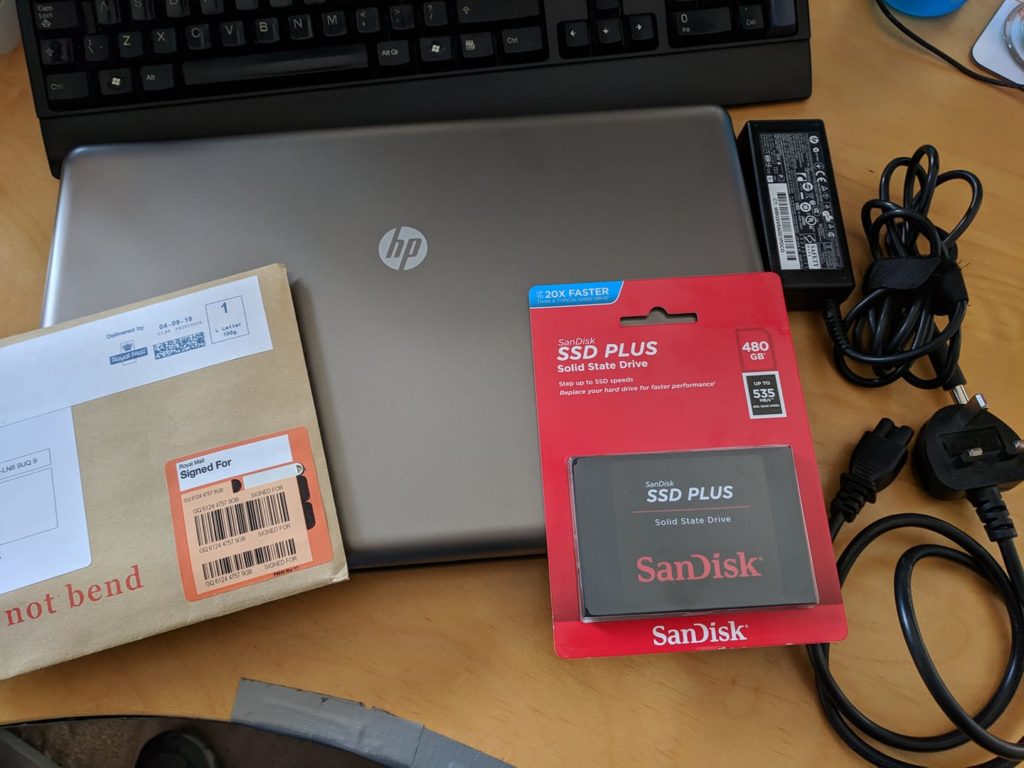
As technology rapidly advances, the dilemma between sticking to a beloved old computer or investing in a brand-new one becomes a recurring conundrum for many users. Both options have their merits, catering to different needs and preferences. Let’s explore the pros and cons of upgrading an old computer versus purchasing a new one.
Upgrading an old computer often appeals to the sentimental user, someone who has grown attached to their trusted machine over the years. Nostalgia plays a significant role here, as they cherish the memories associated with their loyal companion. Additionally, upgrading specific components, such as adding more RAM, replacing the hard drive with an SSD, or upgrading the graphics card, can breathe new life into the system. This approach is often more budget-friendly than buying a brand-new computer, allowing users to extend the lifespan of their machine without a hefty upfront cost.
However, there are limitations to upgrading old computers. Technological progress moves at a rapid pace, and older systems might not be compatible with the latest hardware and software. Upgrading certain components might not yield substantial performance improvements due to hardware bottlenecks or outdated architecture. Eventually, the old computer may reach a point where further upgrades are no longer feasible or cost-effective, leaving the user with a compromised computing experience.
On the other hand, investing in a new computer guarantees cutting-edge technology and performance. Modern computers come equipped with the latest processors, graphics cards, and other components, ensuring a smooth and efficient user experience. Moreover, new computers often offer enhanced energy efficiency, reducing the environmental impact compared to older, power-hungry machines.
However, new computers can be considerably more expensive than upgrades. For some users, the cost of purchasing a brand-new system might not fit their budget. Additionally, buying a new computer means parting ways with the familiar, personalized setup of their old machine, which can be a difficult adjustment for long-time users.
Ultimately, the decision between upgrading an old computer and buying a new one depends on individual needs and circumstances. If nostalgia, budget constraints, and modest computing requirements are paramount, upgrading an old computer can be a viable option. However, for those seeking cutting-edge performance, compatibility with the latest software, and have the financial means, a new computer is the way to go.
At I.T. Turning Point we have a source of quality refurbished computers, with a guarantee. reducing the carbon footprint of buying a brand-new computer. Get in touch and we can chat about things and your specific needs. Click here
Regardless of the choice, responsible e-waste management should always be a consideration. Donating or recycling old computers ensures they don’t end up in landfills, contributing to environmental sustainability. Whichever path users take, finding the right balance between nostalgia and performance will lead to a computing experience that meets their unique preferences and needs.
